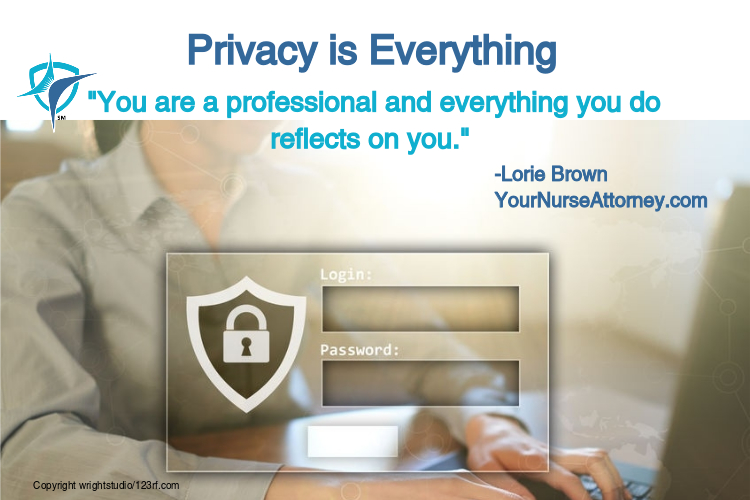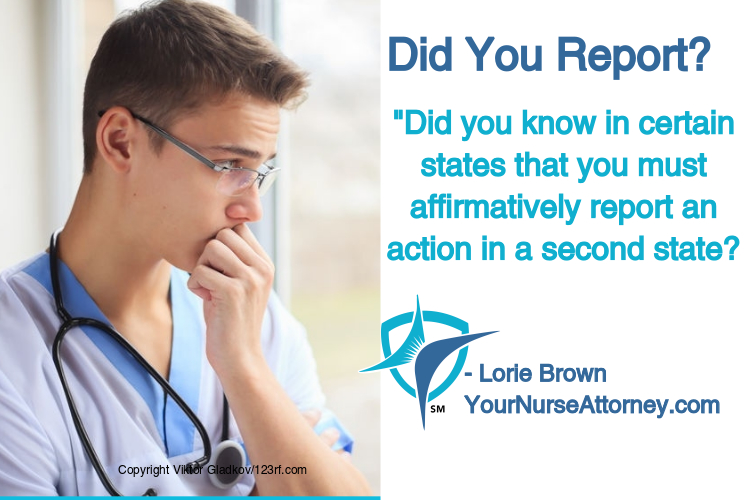Maya Kowalski, daughter of Registered Nurse Beata Kowalski, was 9 years old in 2015 and suffering debilitating pain. She was diagnosed with Complex Regional Pain Syndrome (“CRPS”), resulting in symptoms such as stiffness, spasms, and limited mobility.
Her mother was able to find a doctor who was able to properly diagnose her, and he prescribed ketamine treatments to block the pain receptors in Maya’s body, allowing her body to revise the sensitization process.
In October 2016, Maya had a horrific flare up of the CRPS and her mother took her to John Hopkins All Children’s Hospital in Florida. Unfortunately, the hospital concluded that Beata suffered from Munchausen syndrome by proxy in making up fake symptoms for her daughter and chose to report this case to Child Protective Services (“CPS”).
The hospital kept Maya for 90 days and was videotaping her for 48 hours. In addition, she was stripped down to her underwear without her family’s permission and photographed. I cannot imagine what it would be like to be a nine-year-old girl subjected to this and not being able to see or talk to her mother.
Beata, having been barred by CPS from seeing or speaking to Maya subsequently became depressed as it certainly caused her stress as well. Subsequently, after leaving two notes, Beata took her own life!
The family is suing John Hopkins Hospital for malpractice, asking for $220,000,000.00 and one physician from named in the suit has already settled.
Meanwhile, the judge has halted the ketamine treatments for Maya as the hospital staff disagreed with Beata’s insistence for the treatments.
This trial is currently underway in Tampa, Florida and can be followed on Court TV with excerpts available on YouTube. There is also a Netflix documentary available titled “Take Care of Maya”
There are always 2 sides to the story which is what makes a lawsuit. Johns Hopkins claims they had a mandatory duty to report a suspicion of child abuse and blames the state on making the final determination. The Kowalski’s claim there was a rush to judgment to report and did not contract Maya’s doctor who diagnosed her with CRPS and was treating her with ketamine.
I would love to hear any thoughts you might have on this matter and welcome you to please note them below.










